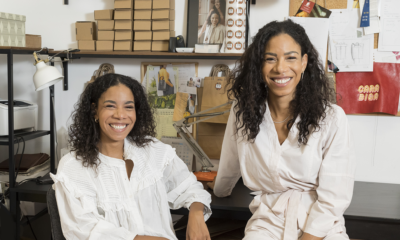Features
From Wanting to Be a Footballer to Building a Fashion Business, Chierika Omenaka Tells Us About His Work & Life in Italy
Editor’s note: As the years go by, migrating to other countries has become increasingly popular, particularly for Nigerians (and Africans generally). Japa, we call it. For the next 10 weeks, Imo Ekanem, in partnership with BellaNaija Features, will explore what it means to live in Italy as an African professional.
Work & Life in Italy is a weekly series where we talk about how Africans live, work, deal with discrimination, and so on. Did you miss our first episode with Imo Ekanem? Read it here.
For our second installation this week, we are presenting Chierika Omenaka, a fashion entrepreneur who was born and spent the majority of his life in Italy. Cierika wanted to be a footballer but he struggled with leg injuries. At twenty years of age, he decided to join the fashion industry and from there, he became an independent fashion entrepreneur.
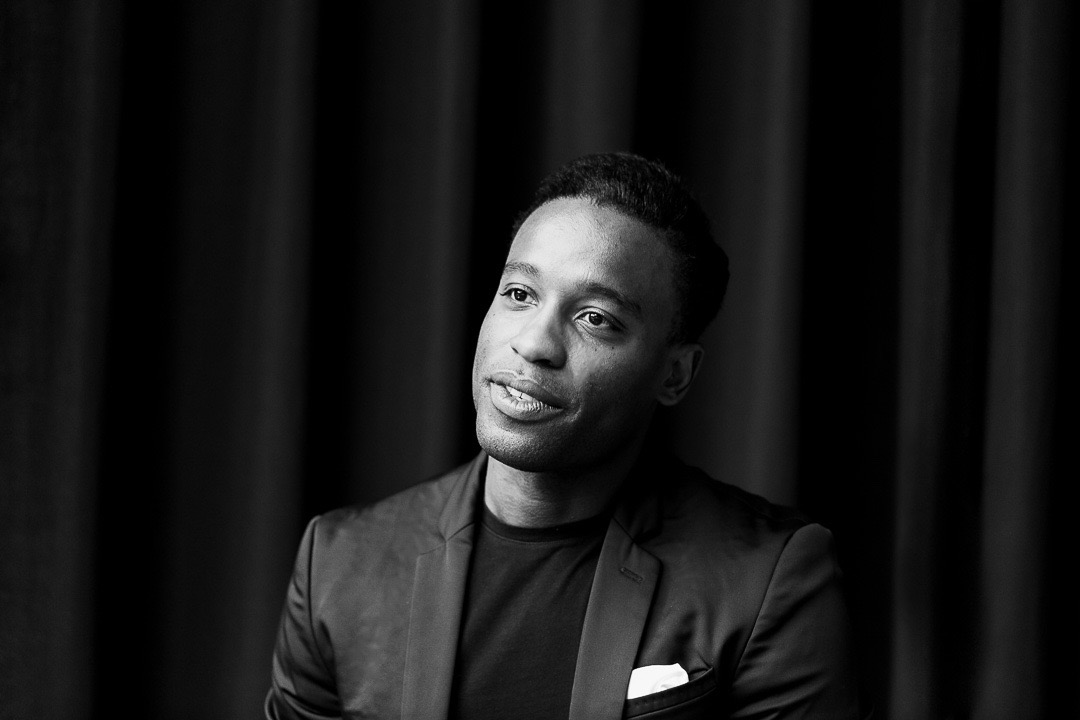
Chierika Omenaka photographed by Lavinia Nitu
Hello Chierika, how are you today?
I’m great, thank you.
Tell us how living in Italy has been so far as a Nigerian
Italy is my country. I was born here, so I feel like it is my home and I always felt like an Italian, with Nigerian origins.
Interesting! Tell us about your background
My father was the first to come to Italy in the late 70s, to graduate in architecture, and then was followed by my mother to finish up her studies here. Both are from Nigeria. After they married here, they gave birth to me and raised me and my sister here in Italy. From the very first day, they integrated me with all Italians, always making me feel equal to everyone. And this has strongly influenced my mentality.
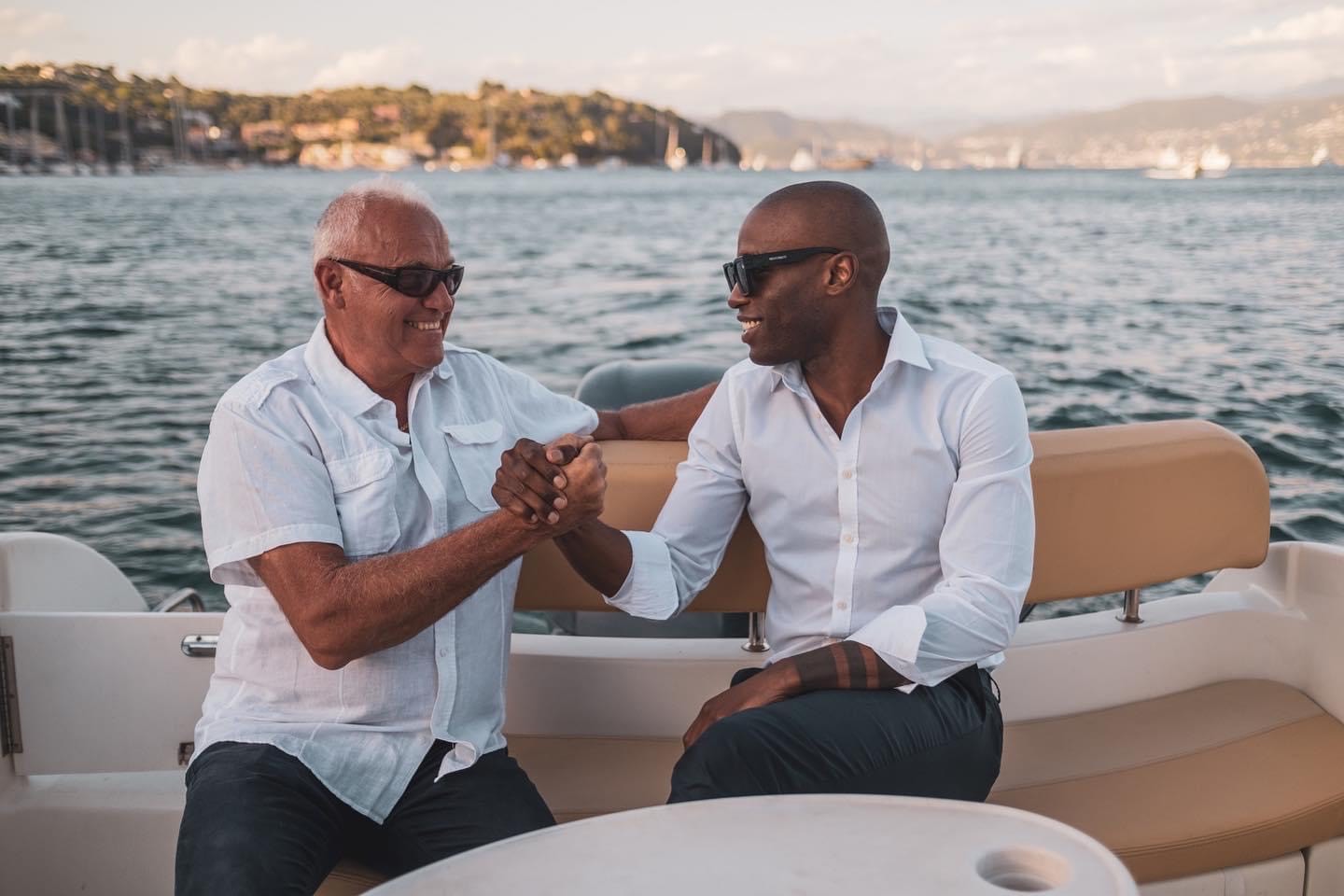
Looks like your parents set you up for success
Indeed! Today, I am an entrepreneur who has always believed that people have the right to determine their economic future, without having to depend on anyone. I have made this belief a work mission to help as many people as possible to achieve financial independence. But my life hasn’t always been like this. When I was young, my dream was to become a professional football player, and I almost succeeded. Unfortunately, the continuous injuries to my knee and my youth mistakes have not made my dream come true. When I realised that I wouldn’t make it anymore, it was very difficult.
How did you deal with this?
I got back up and started working at 20 years of age in the clothing industry, where I still own a company. When I was about 26 years old, after reading many books that opened my mind, I realised I couldn’t picture myself in a store or an office 24/7 and I needed to find a way to be more economically independent.
I started what then became my main business in that period. You can’t imagine how happy I am today to be able to spend all the time I want with my newborn son and watch him grow day by day.
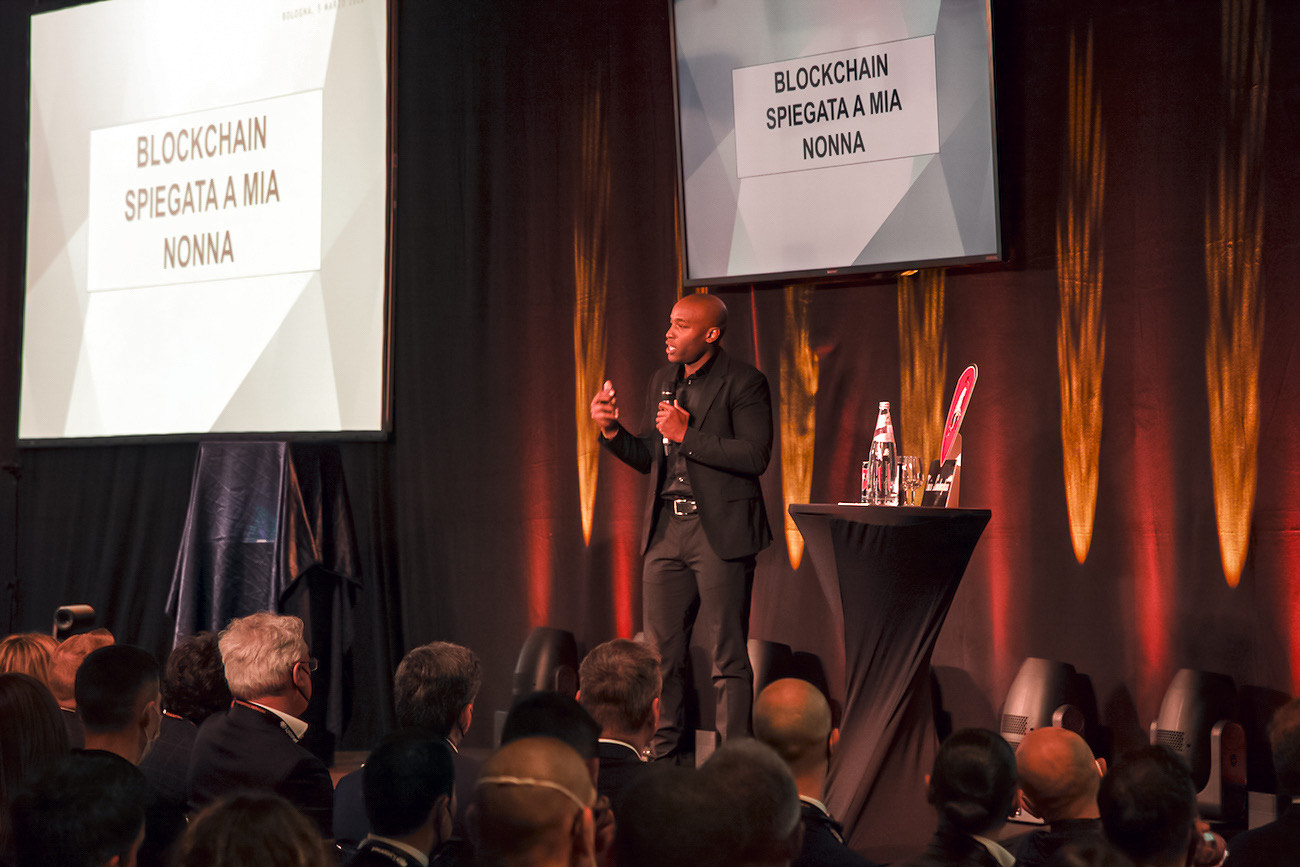
Love it for you!
Have you ever felt discriminated against? How did you deal with it?
Maybe you won’t believe me, but I never experienced racism or any pushback because of my race. You know why? What I’m about to say, I think is the main point and maybe not everyone will understand, but I’ll try to explain myself the best way that I can. I have always believed that what we feel and believe within us will manifest in our reality. Today, quantum physics explains exactly how the process of conscious creation of one’s own reality works scientifically. So, since I was born, thanks also to my parents, I’ve never felt different or discriminated against, that’s why I’ve never created that type of reality. Look around us, we are lìving Martin Luther King‘s dream: there are lawyers, politicians, sports champions, actors, etc that are Black. That is why I’m firmly convinced that it is now our time
What are the challenges, lessons and high moments from your career journey in Italy?
I’ve never believed that there are different challenges between Africans and Italians, especially for people like me who were born in Italy and speak Italian perfectly. I have always felt equal to others, unlike, say if you’re a foreigner that needs to learn Italian and the culture. So what I can tell you is that like any entrepreneur out there, I’ve had setbacks. I’ve been rejected many times, and I’ve had hard times. But I have never felt discriminated against as an African. I have also learned to take responsibility for my actions, setbacks and successes. I analyse the mistakes I make, try to improve and not repeat them anymore.
You’ve got an inspiring story. What would you consider as your success’s special ingredients?
Very simple: hard work, perseverance and the right mindset.
Tell us more
For hard work, I believe that to create anything worth creating, you have to be willing to dedicate body and soul until you reach your goal. If you love what you do, struggles, late nights, and rejections, will not stop you, especially if you have a team of people to lead in my case, always remember that people follow our example and not what we say.
Perseverance in the sense that quality is very important. In these years, I’ve seen so many people start a business or a project and give up at the first difficulty. I believe that anything of value takes time to be built, and that depends on how much work we put in. What has helped me a lot over the years is reading the stories of successful people who have built great businesses, it’s like buying other people’s experiences. They all have the same characteristic: they could have given up so many times when things weren’t going well, yet they persevered and succeeded in the end.
The right mindset, for me, is the most important ingredient. Without it, everything is useless. We have to believe in our vision, our mission, or who we want to become.
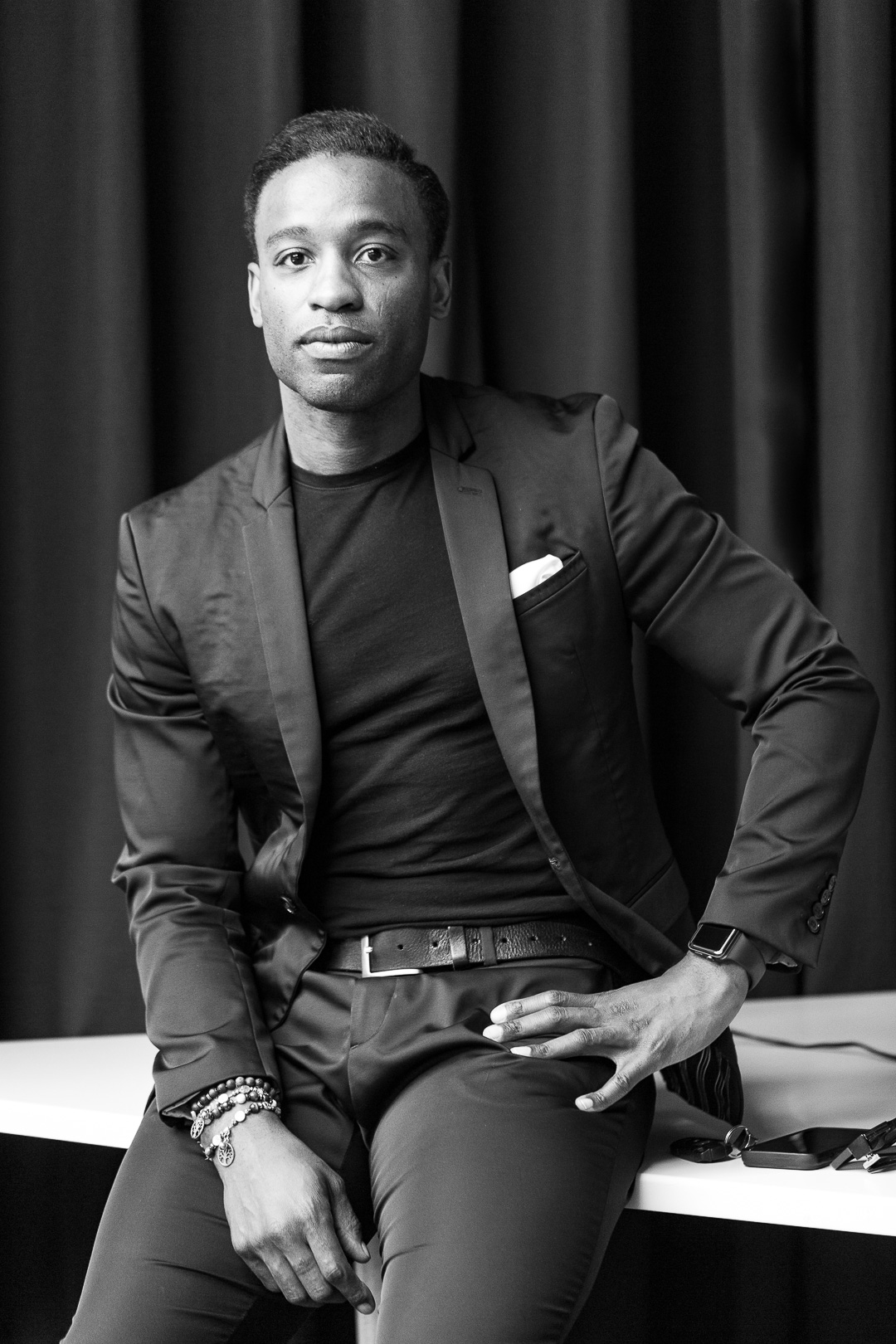
Chierika Omenaka photographed by Lavinia Nitu
What are the little actions Africans in Italy can adopt to help them thrive?
I believe that Africans, like everyone else, have to believe more in themselves. There are a lot of very smart Africans around the world that can leave a great impact on the history of humanity, with the right mindset and attitude. And if I can recommend a very simple book that has completely changed my mindset and helped me find out the great power that is hidden within us, it’s “The Secret” by Rhonda Byrne.
What are the things Africans looking to relocate keep in mind?
I believe that it is right to keep the customs of one’s own country, but when an African intends to move to another country, I think it is very important to try to integrate and make the culture of the new country their own, especially if you have the desire to create a family there. That’s exactly what my parents did, and I will always be grateful to them for that.
***
Many thanks to Chierika Omenaka for having this conversation with us and to Imo Ekanem for making this possible. Catch up with the next episode next Sunday.
Do you want to be featured on BellaNaija or share your essays with us? Shoot us an email: [email protected]






